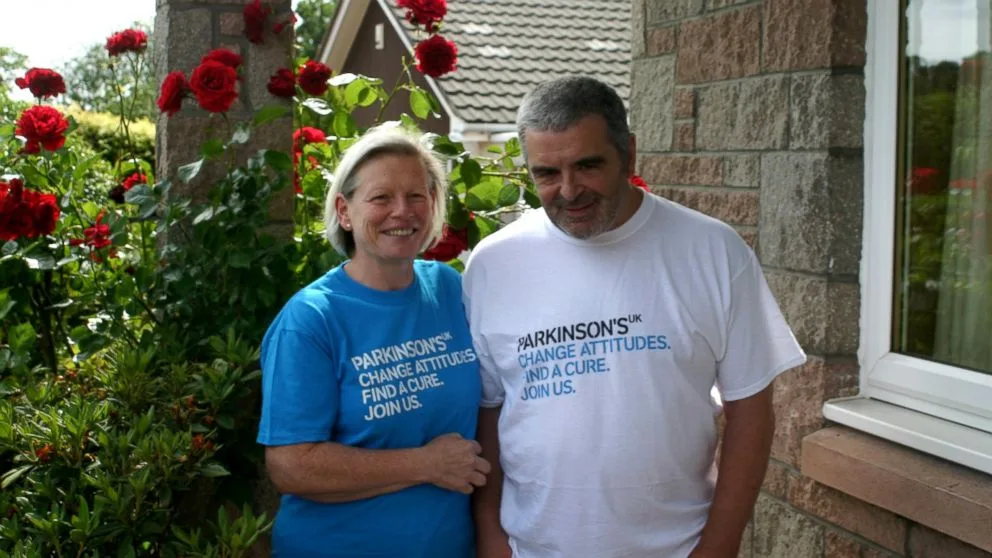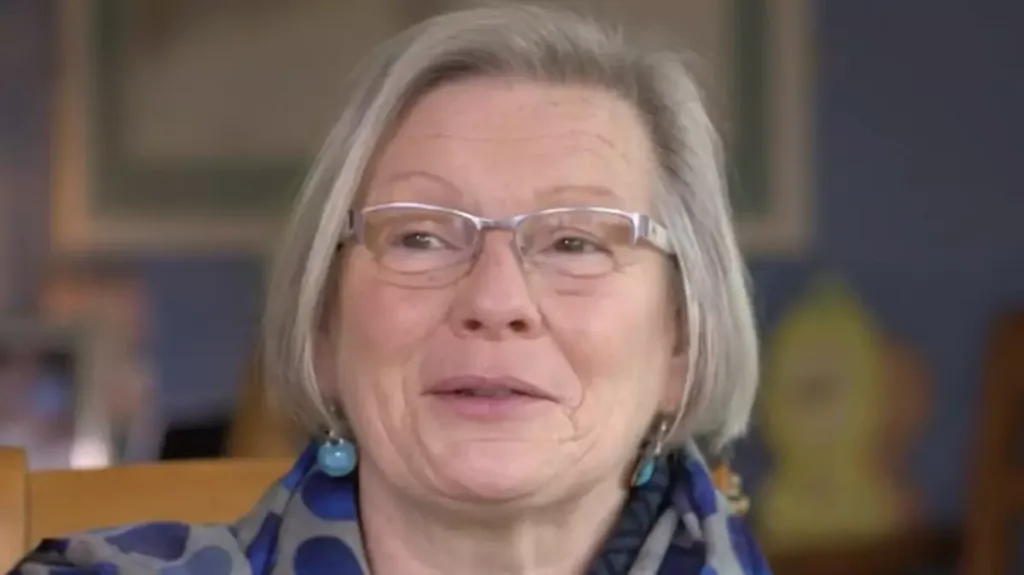Woman Claims She Can Detect Parkinson’s Disease by Smell!

Joy Milne, a 75 year old former nurse from Scotland, has an extraordinary ability to detect Parkinson’s disease through smell. Her rare condition, hyperosmia, gives her an incredibly sensitive sense of smell, which she calls a “superpower.” This unusual gift first helped her detect Parkinson’s disease in her late husband, Les, more than a decade before he was diagnosed. Now, her discovery is paving the way for groundbreaking research into how scent could help diagnose Parkinson’s earlier than ever.
The Discovery: A “Musky” Smell Linked to Parkinson’s
Joy Milne’s life took a dramatic turn when she noticed a distinctive change in her husband’s scent. Around the age of 29, Les began to smell different, and by 31, the change was significant enough to catch her attention. Milne described the smell as “musky,” likening it to “the smell of the inside of someone’s coat as they were taking it off.” Concerned, she encouraged her husband to see a neurologist, leading to a diagnosis of Parkinson’s disease.
Parkinson’s UK reports that there are approximately 153,000 people living with Parkinson’s in the UK, a neurological condition that causes the progressive damage of the brain over many years. The symptoms include involuntary shaking, slow movement, and muscle stiffness. While the disease is well-known for its physical effects, Milne’s discovery highlights an unexpected aspect—its distinctive odor.

A Rare Gift: Hyperosmia and Its Role
Milne’s ability to detect Parkinson’s disease through smell is due to a rare condition known as hyperosmia, which gives her an unusually sensitive sense of smell. This “superpower” allows her to detect changes in body odor that most people would never notice. In an interview with The UK Tonight with Sarah-Jane Mee, Milne explained the emotional difficulty of walking past people who may carry the scent of Parkinson’s, noting that she is bound by ethical guidelines not to disclose such information without permission.
Milne’s grandmother, who also had this genetic trait, warned her about the challenges of using this ability. Despite the personal and ethical dilemmas, Milne chose to embrace her gift, particularly after caring for her husband and mother-in-law, both of whom lived with Parkinson’s. She believes it was the right choice, as it led her to groundbreaking work with researchers.
Researching the Parkinson’s Scent: The Path to a Noninvasive Test
Joy Milne’s discovery has opened doors for scientific research into how scent could be used to diagnose Parkinson’s disease earlier. She has begun collaborating with researchers like Dr. Perdita Barran, a chemist at the University of Manchester, to further explore her ability. Milne has taken part in experiments where she was given t-shirts worn by individuals with Parkinson’s. In these tests, Milne was able to accurately detect which t-shirts had been worn by those with Parkinson’s, with a success rate of 100%.

Dr. Barran and her team are now working on developing a noninvasive skin-swab test that could help diagnose Parkinson’s long before symptoms appear. This test would be quick, simple, painless, and cost-effective. The key to this breakthrough lies in the changes in skin oil, or sebum, which are believed to be triggered by Parkinson’s disease. Scientists believe that these chemical changes are linked to the unique scent that Milne detects.
The Future: Early Diagnosis and Monitoring Parkinson’s Progression
The potential for a skin-swab test to diagnose Parkinson’s disease is an exciting step forward in the medical world. Dr. Barran is optimistic that this test, which uses existing technology, will undergo early clinical trials later this year at Manchester’s Wythenshawe Hospital. The ability to diagnose Parkinson’s years before symptoms appear could revolutionize the way we understand and manage the disease.

Joy Milne’s incredible ability to detect Parkinson’s through smell has not only made her a key figure in Parkinson’s research but also highlighted the power of the senses in understanding neurological diseases. As scientists continue to study the link between scent and Parkinson’s, Milne’s contribution is poised to lead to earlier diagnoses and better treatments for those affected by this challenging condition.
Conclusion: A Legacy of Discovery
Joy Milne’s unique “superpower” has brought hope for early diagnosis of Parkinson’s disease, a breakthrough that could change the lives of millions worldwide. By using her rare ability to detect the disease’s scent, she has helped scientists move closer to developing a simple, noninvasive test. Her story serves as a reminder of how sometimes the most unexpected abilities can lead to incredible medical discoveries.






